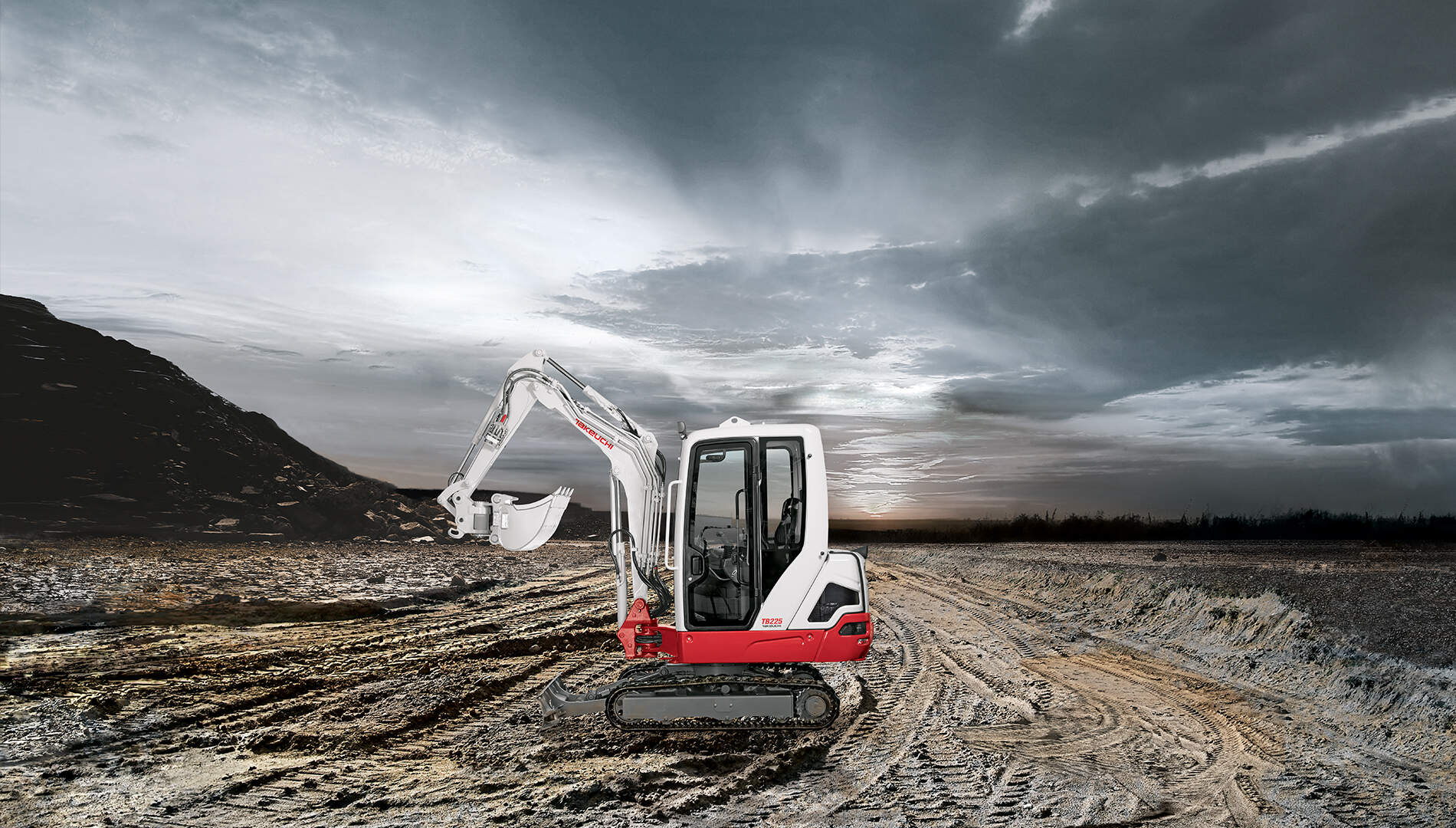The construction sector is one of the largest industrial sectors in the world, simultaneously it is vital to society, the economy and the environment. At the same time, construction is one of the sectors with the greatest impact on the environment, due to high levels and concentrations of harmful substances, as well as high consumption of resources, energy and waste production. In addition, today the construction sector is struggling with additional problems, such as low level of digitalization comparing to other sectors or relatively low productivity growth.
Addressing the identified challenges, the construction industry is facing, requires a comprehensive transformation of this key sector for the global economy, including the transition to a circular economy.
This thesis proposes the implementation of a new, sustainable business model focused on the "culture of sharing" in the form of a digital platform for renting construction machinery. According to the authors, the RENTALL.PRO project is to answer the question of how to achieve better efficiency, optimize costs and at the same time reduce the negative impact of construction industry on the environment. The platform is to support the optimization of processes and generate savings using proven technologies, as well as promotion of a sharing resources and human capital culture, which is based on fair market value. At the same time, by providing access to modern digital technologies enables the optimization of costs related to the possession of a modern and effective machine park. It will also provide the best conditions to compete on the market, especially for companies from the SME sector, by reducing the amount of capital necessary to conduct business.
To prove the adopted hypothesis, a literature review was carried out, in-depth interviews with representatives of construction companies were carried out, and a cost-benefit analysis of renting was carried out. To assess the environmental impact of renting, an impact assessment of the rental was made on emissions at different stages in the life cycle of the machines.
The conducted analyses allow to conclude that the rental of construction machines has a positive effect on the reduction of the total emission resulting from the use of machines (especially by reducing transport or better utilization), as well as allowing for the reduction of operating costs related to the possession of a fleet of machines.
Keywords: sustainability, sharing economy, rental industry, environment, efficiency.

